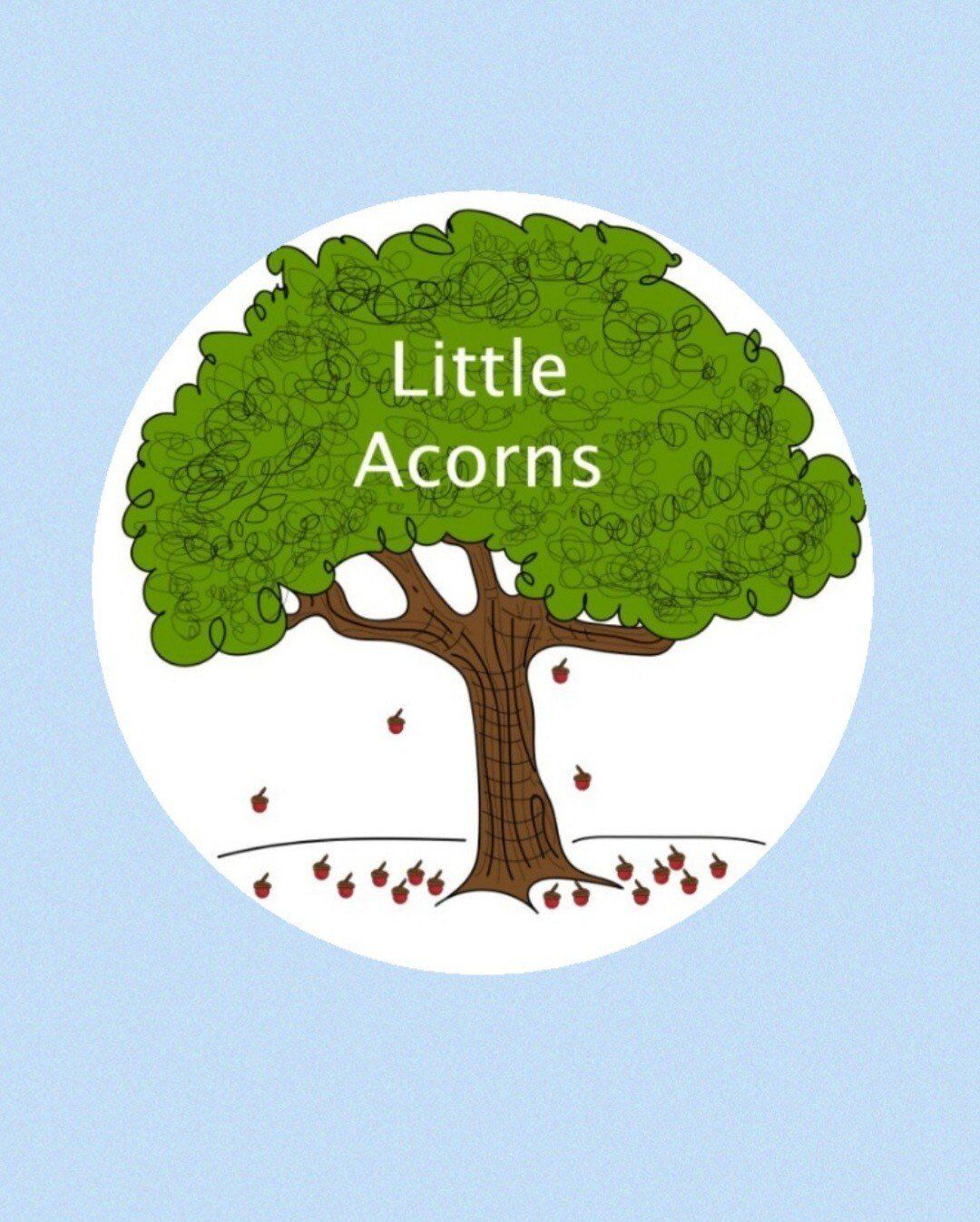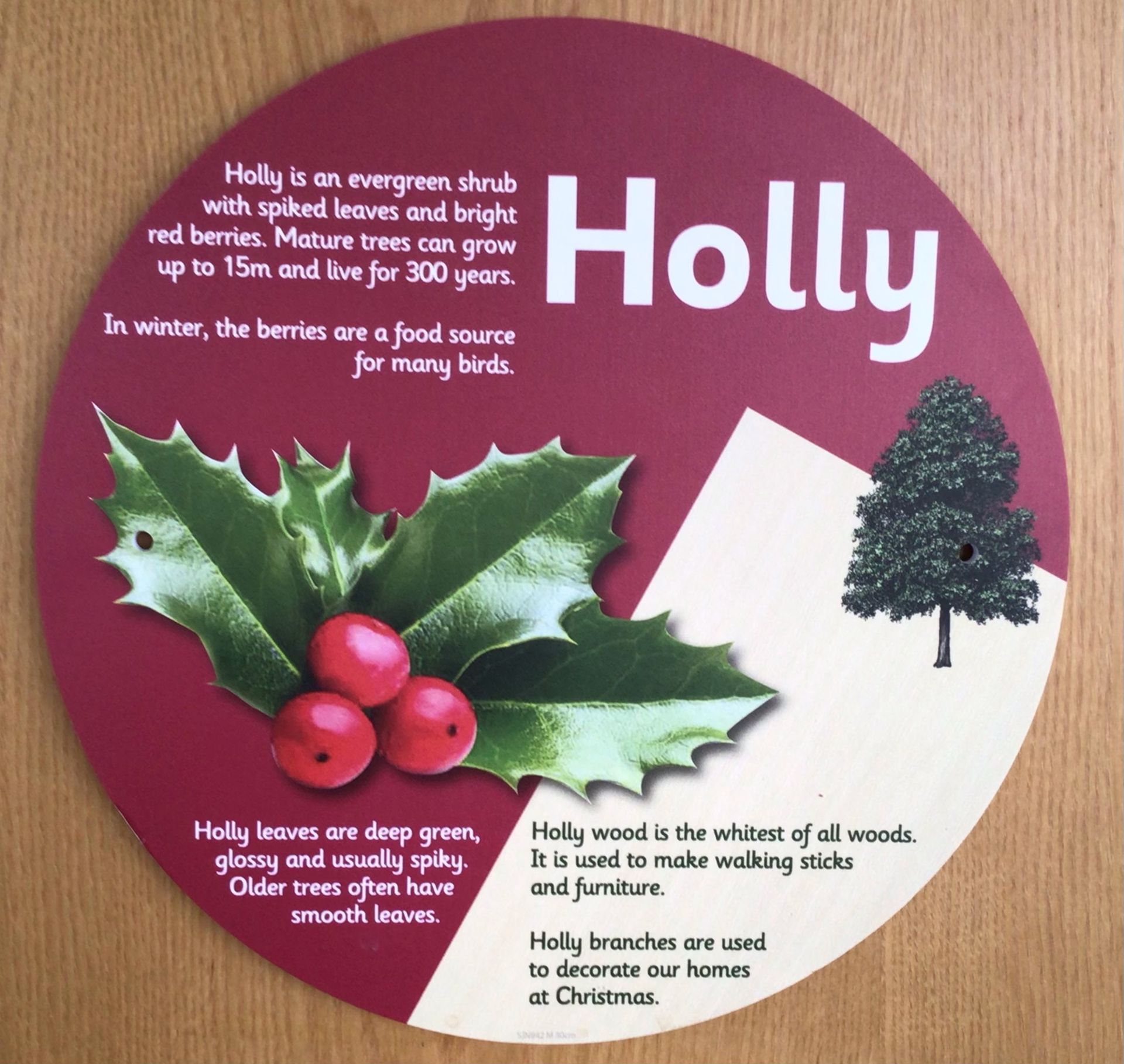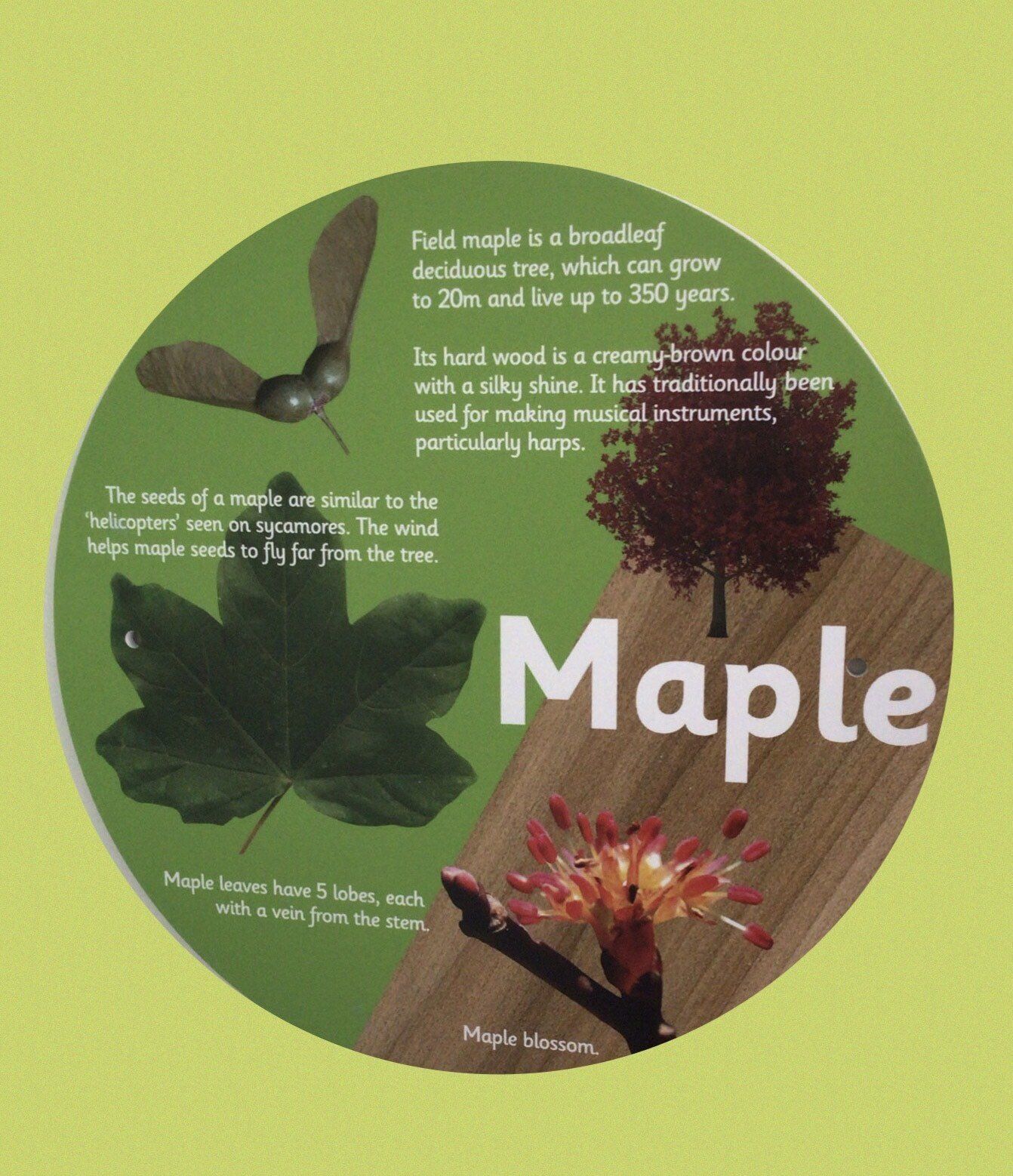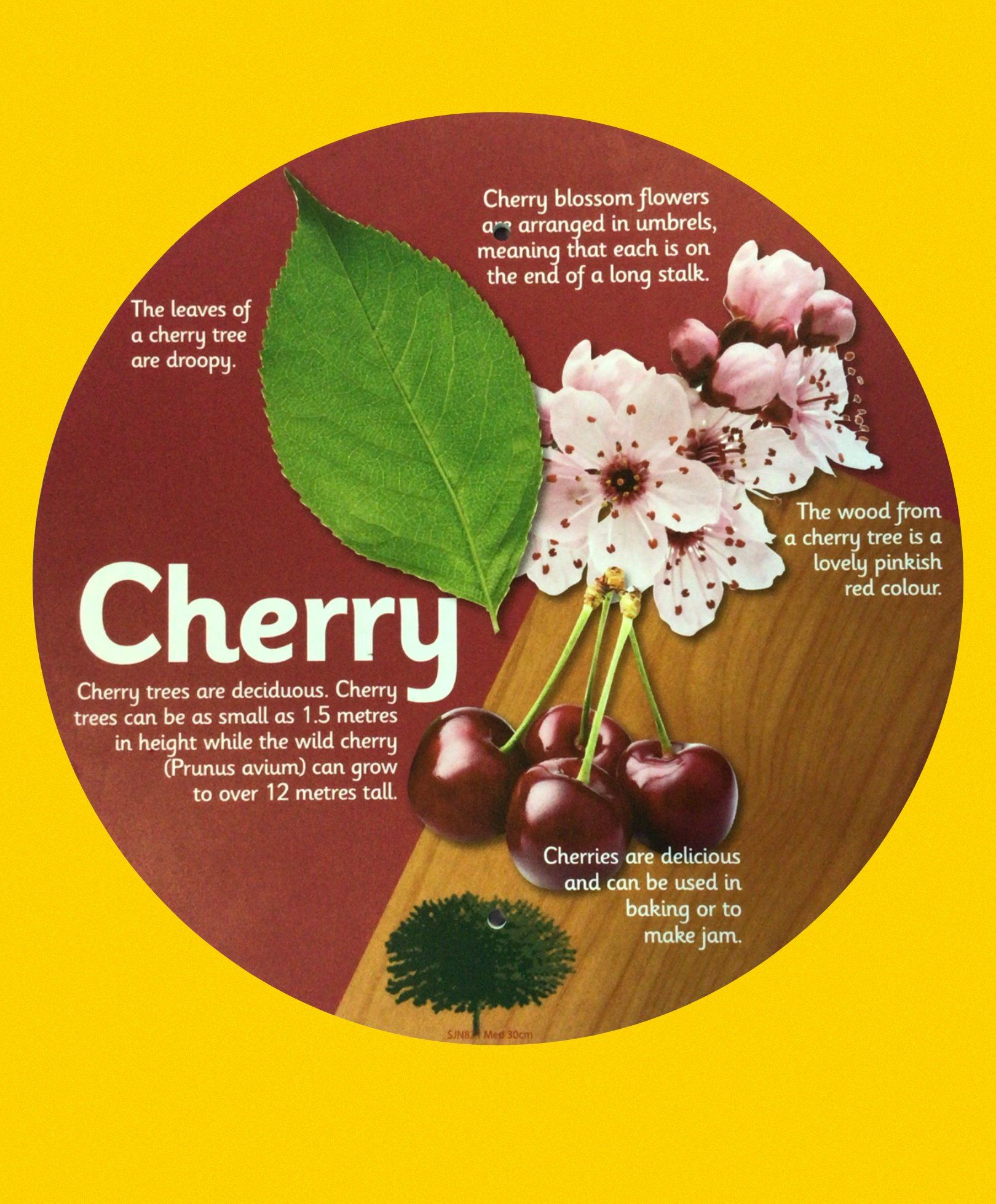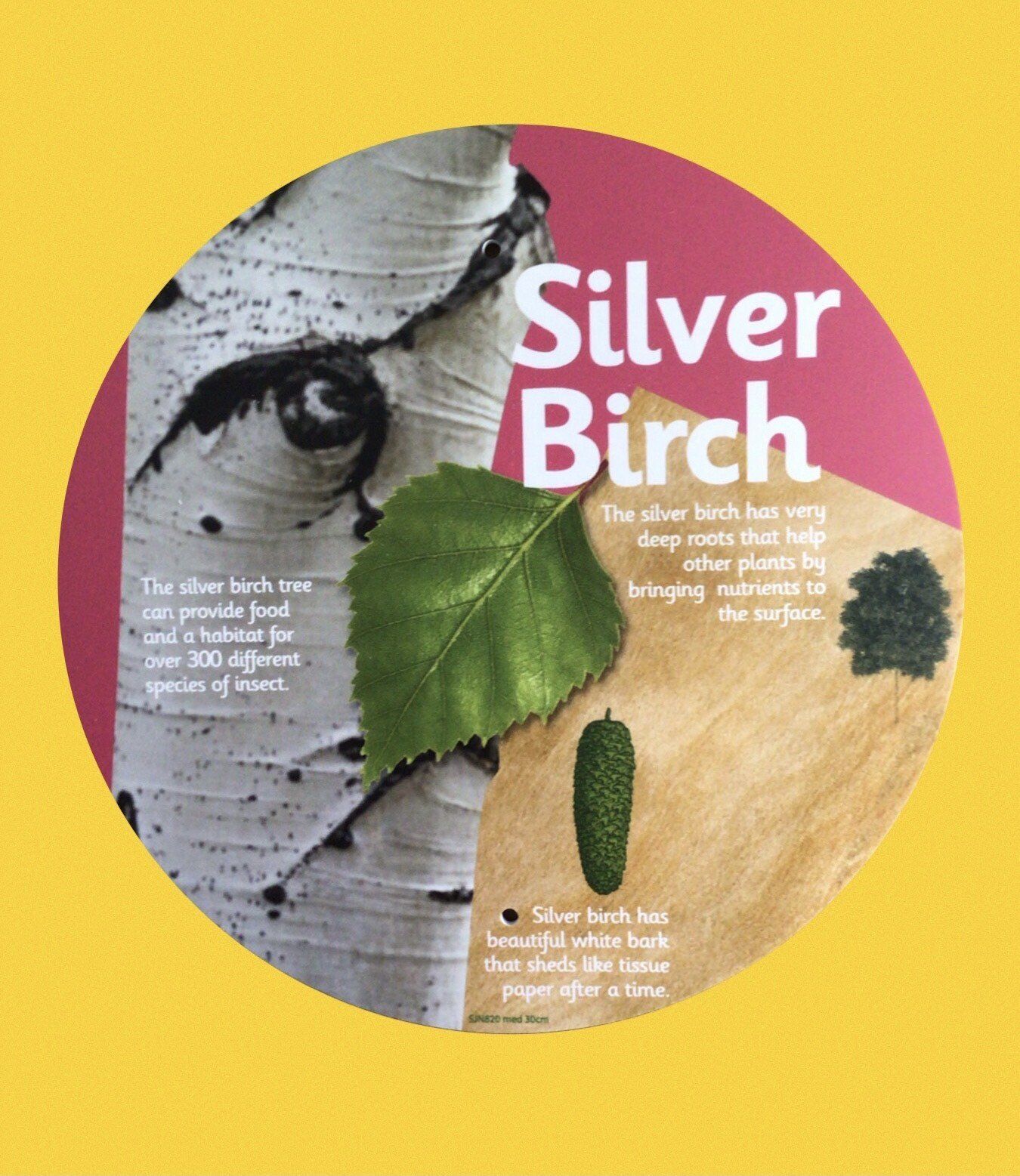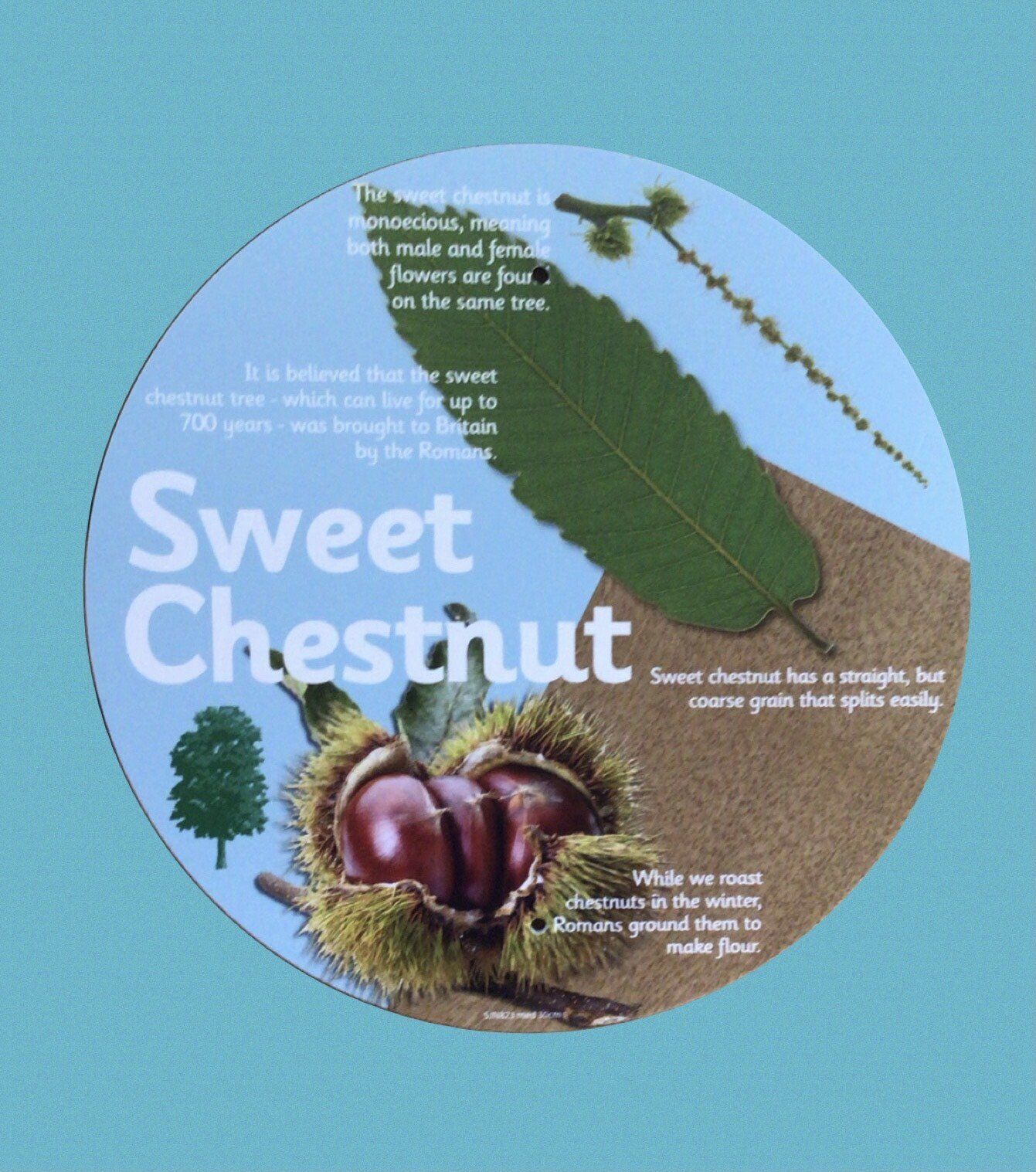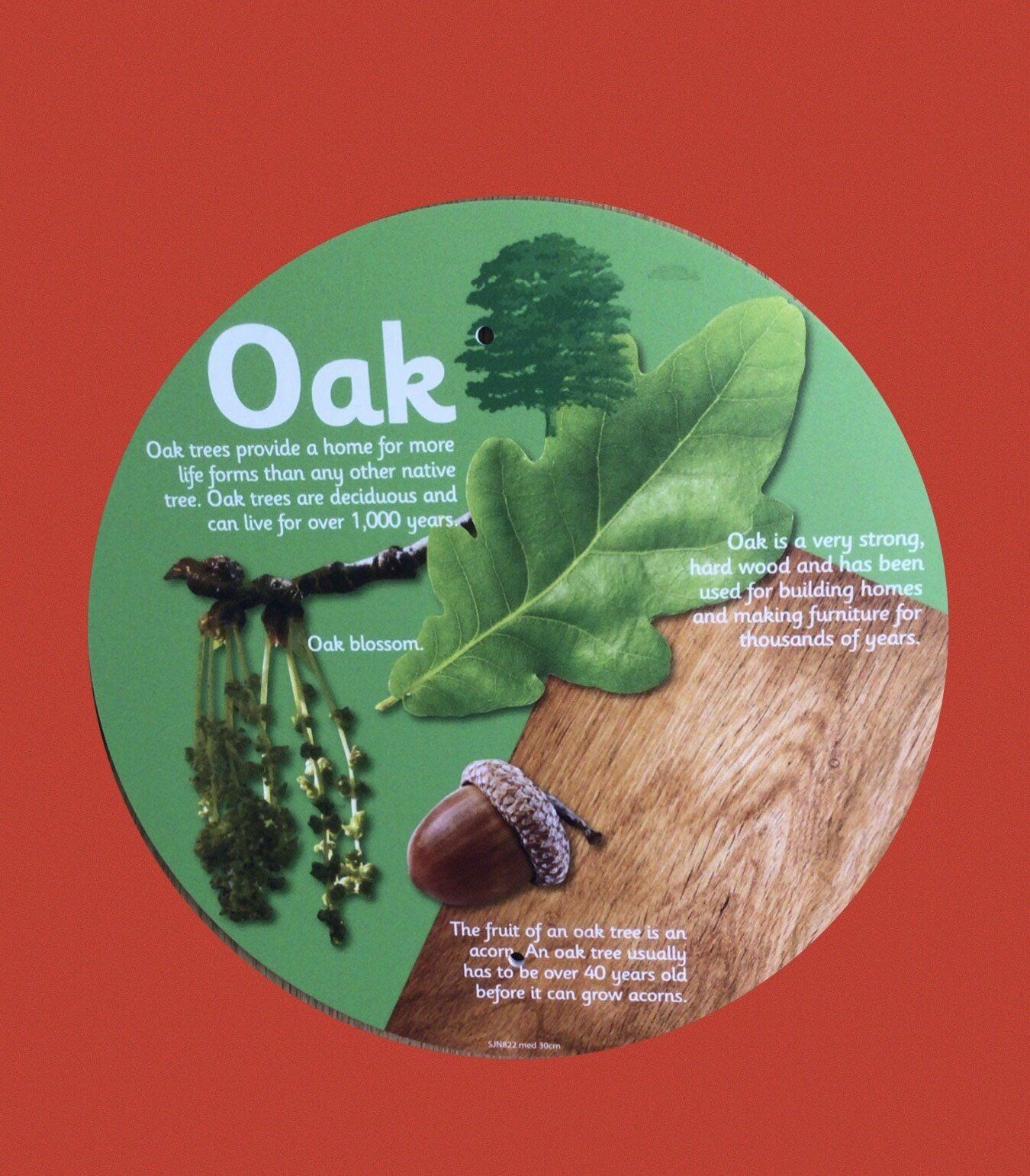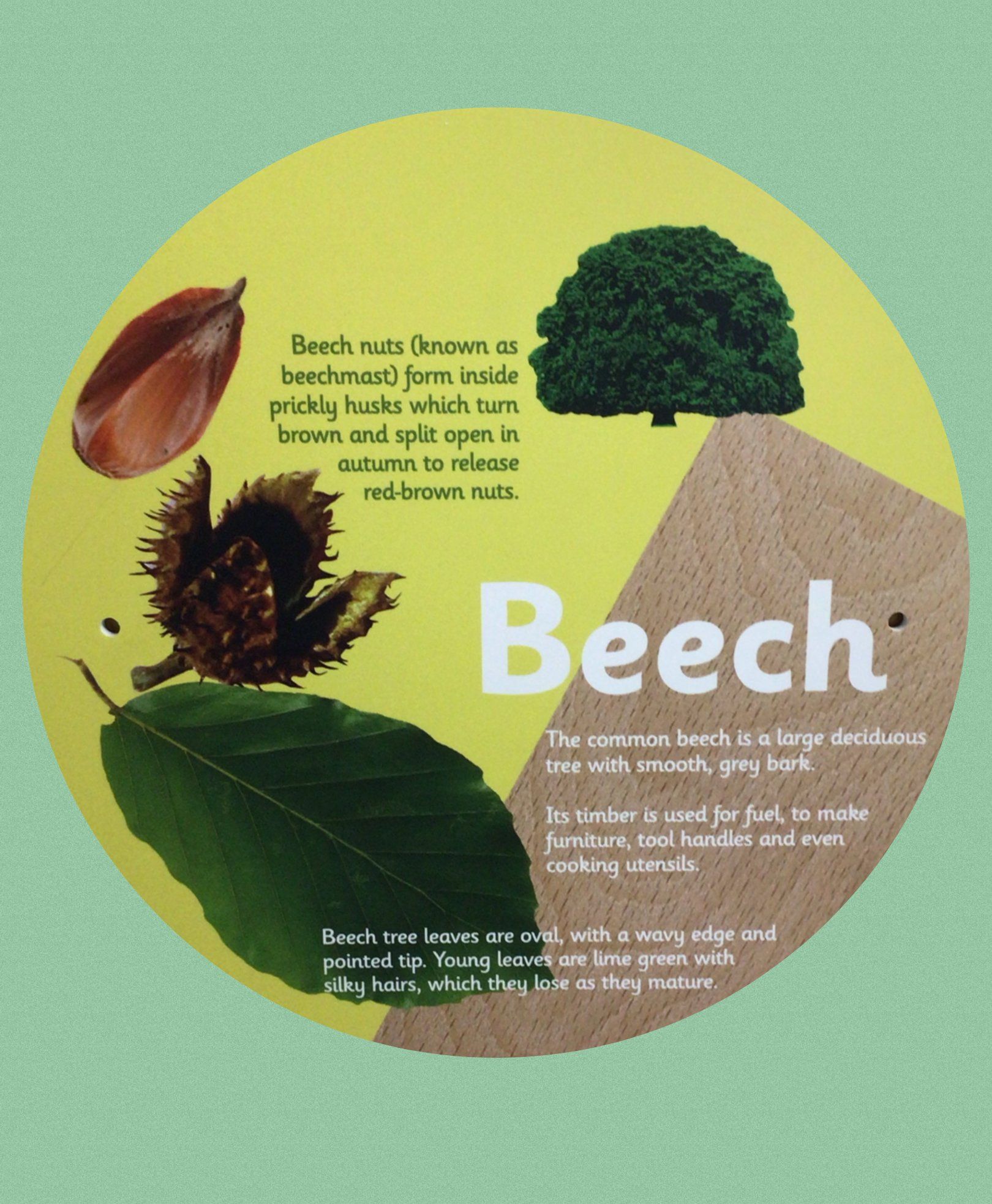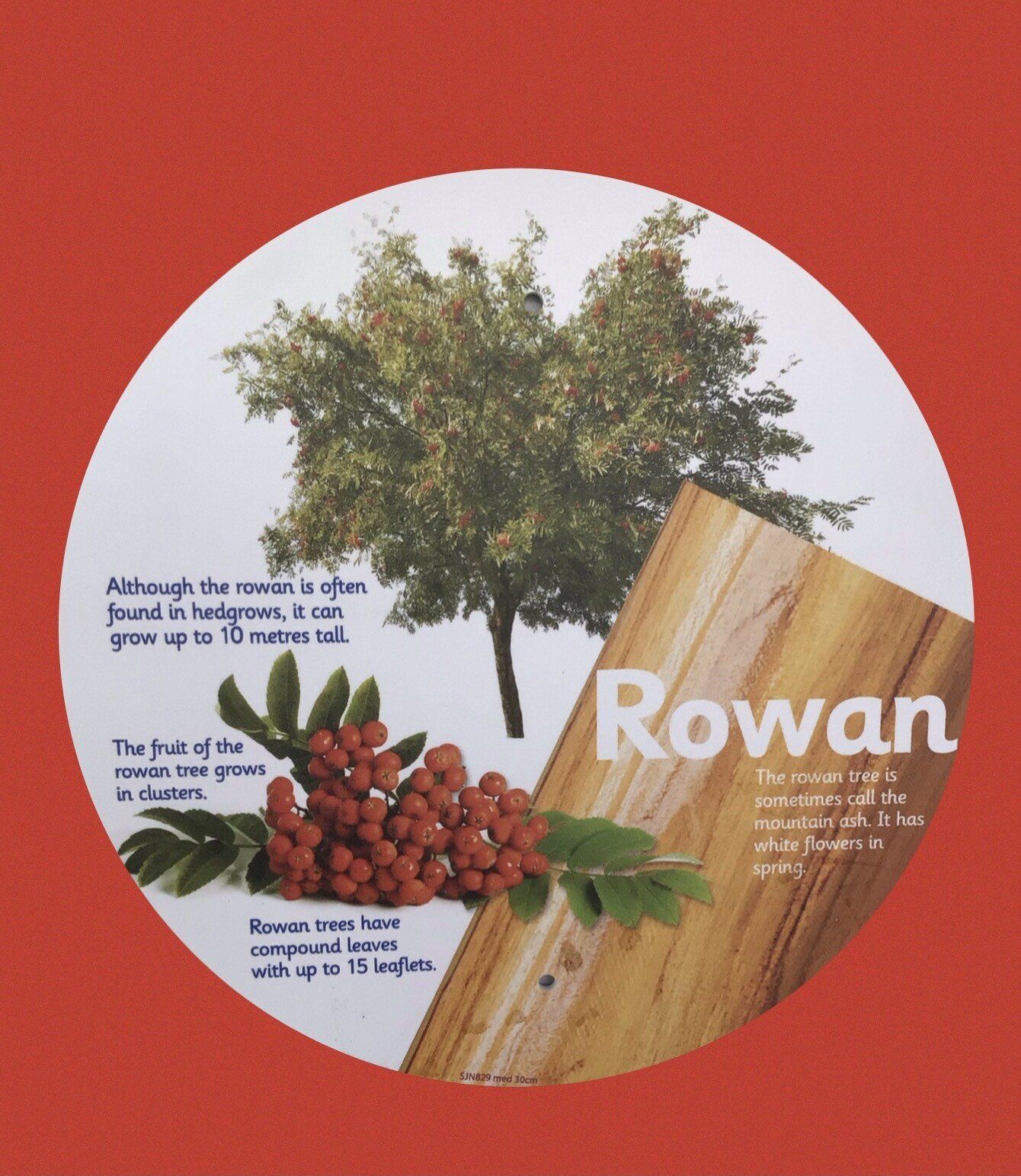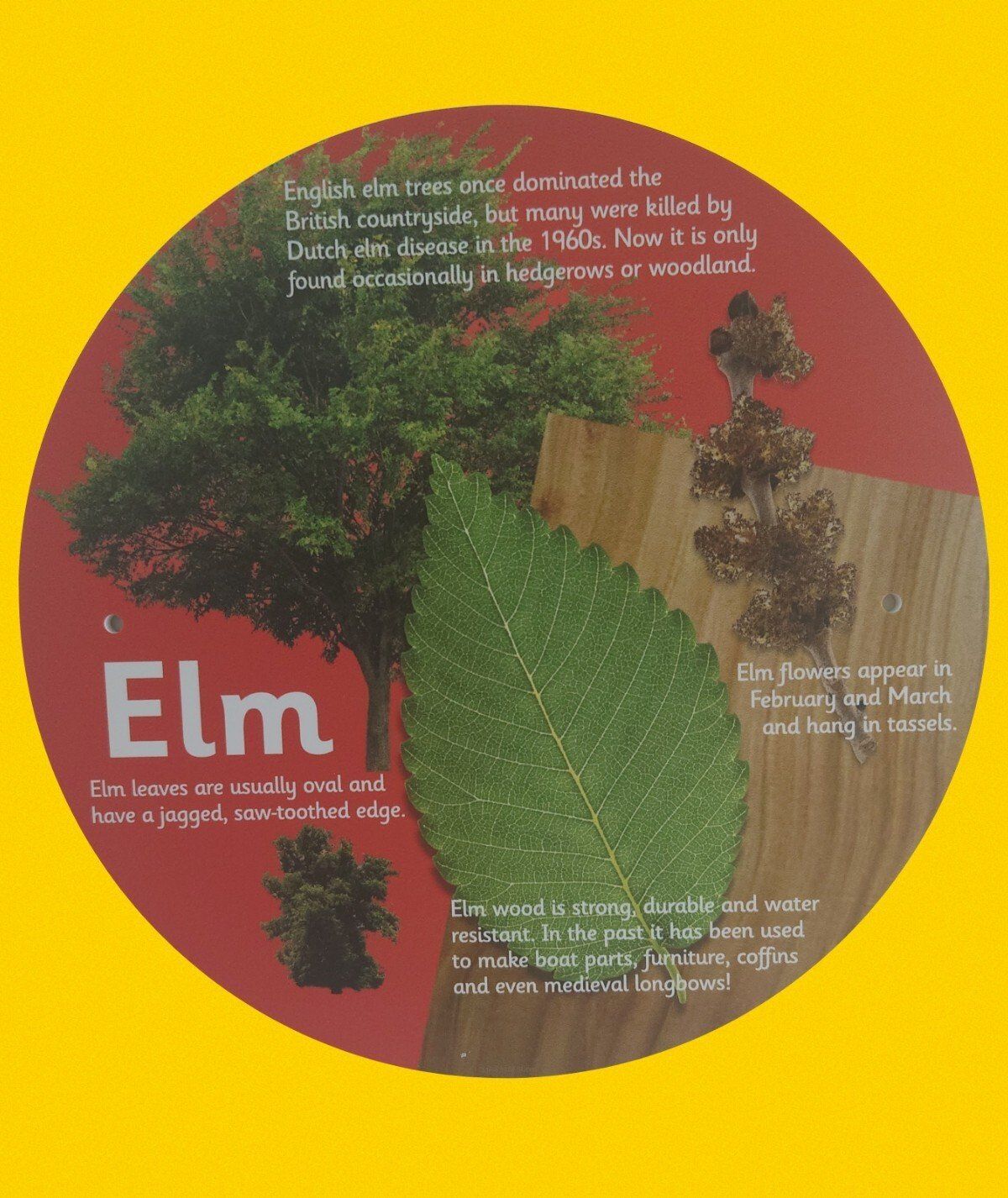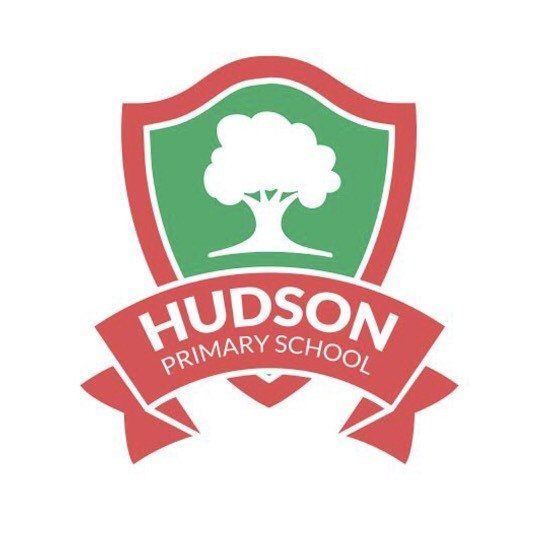Reading
Phonics
At Hudson we aim for all our children to become fluent, confident readers who are passionate about reading.
Children who read regularly or are read to regularly have the opportunity to open the doors to so many different worlds! More importantly, reading will give your child the tools to become independent life-long learners. We can achieve this together through:
- Read Write Inc, a program to help to your child read at school
- Encouraging children to develop a love of books by reading to them daily, at home and at school
- Giving children access to a wide range of books at school and at home
At Hudson we use Read Write Inc Phonics (RWI) to give your child the best possible start with their literacy. We have put together a guide to how the RWI programme works together with some useful links.
Mrs. Whitelaw is our Read Write Inc lead teacher, so if you have questions about RWI, contact school or use ClassDojo to message her personally.
Please take the time to read the information provided below as it will provide invaluable information as to how you can help and support your child in reading.
What is Read Write Inc?
Read Write Inc (RWI) is a phonics complete literacy programme which helps all children learn to read fluently and at speed so they can focus on developing their skills in comprehension, vocabulary and spelling. The programme is designed for children aged 4-7. However, at Hudson we begin the programme in Nursery and will continue teaching RWI to children beyond the age of 7 if they still need support within their reading.
RWI was developed by Ruth Miskin and more information on this can be found at:
https://schools.ruthmiskin.com/resources/#
How will RWI be taught?
All children are assessed regularly by our RWI lead teacher so they work with children at the same level. This allows complete participation in lessons. We try to keep these groups small so that they can get valuable adult attention.
Nursery
Children will be introduced to the initial sounds in short five to ten minute sessions.
Reception
In Reception all children will learn how to ‘read’ the sounds in words and how those sounds can be written down. Those who are ready will begin to read and write simple words within books.
The following takes place:
Reading
The children:
- learn 44 sounds and the corresponding letters/letter groups using simple picture prompts – see below
- learn to read words using Fred talk and sound blending
- read from a range of storybooks and non-fictions books matched to their phonic knowledge
- work well with partners
- develop comprehension skills in stories by answering ‘Find It’ and ‘Prove It’ discussion questions
Writing
The children:
- learn to write and form the letters/letter groups which represent the 44 sounds with the help of fun phrases
- learn to write words by using Fred Talk
- learn to build sentences by practising sentences out loud before they write
Talking
The children work in pairs so that they:
- answer every question
- practise every activity with their partner
- take turns in talking and reading to each other
- develop ambitious vocabulary
Year 1 and above
Children follow the same format as Reception but will work on complex sounds and read books appropriate to their reading level. Daily sessions of RWI phonics last for one hour. Once children become fluent speedy readers they will move on to literacy lessons.
Five key principles underpin the teaching in all Read Write Inc. sessions:
Purpose – know the purpose of every activity and share it with the children, so they know the one thing they should be thinking about
Participation – ensure every child participates throughout the lesson. Partnership work is fundamental to learning
Praise – ensure children are praised for effort and learning, not ability
Pace – teach at an effective pace and devote every moment to teaching and learning
Passion – be passionate about teaching so children can be engaged emotionally.
Children will be taught how to read as follows:
Before you start to teach your child, practise saying the sounds below. These are the sounds we use to speak in English.
Fred Talk
We use pure sounds (‘m’ not’ muh’,’s’ not ‘suh’, etc.) so that your child will be able to blend the sounds into words more easily.
At school we use a puppet called Fred who is an expert on sounding out words! we call it, ‘Fred Talk’. E.g. m-o-p, c-a-t, m-a-n, sh-o-p, b-l-a-ck.
The following video is an example of blending sounds with Fred.
https://schools.ruthmiskin.com/resources/watch/434/
The children are taught the sounds in 3 sets
Step 1:
Set 1 Sounds are taught in the following order together with rhymes to help children form the letters correctly and instantly recognise sounds ready for blending.
Please do not use letter names at this early stage.
Click https://schools.ruthmiskin.com/resources/watch/373/ to find out how to pronounce the ‘pure’ sounds.
Children will also use pictures for each sound to help recognise the sound and then form the shape of the sound.
Step 2:
The children are then taught Set 2 Sounds – the long vowels. When they are very confident with all of set 1 and 2 they are taught Set 3 Sounds.
Nonsense words (Alien words)
As well as learning to read and blend real words children will have plenty of opportunities to apply their sound recognition skills on reading ‘Nonsense words’. These are made up of the sounds the children are learning e.g. d-u-t (dut), d-oi-n (doin), h-e-sh (hesh).
Step 3:
Children will be introduced to ‘Ditty books’ when they successfully begin to read single words. The short vowels should be kept short and sharp:
Children use sound-blending (Fred Talk) to read short ditties. They will bring these home once they have read and discussed the book in class. Children will then be challenged to use their developing phonic knowledge to write short sentences.
Within all the books children will have red and green words to learn to help them to become speedy readers. Red words are words that are not easily decodable and challenge words to extend children’s vocabulary. Green words are linked to the sounds they have been learning and are easily decodable.
Dots and dashes represent the sound each letter makes.
During the RWI session children will read the book three times and at each new reading they will have plenty of opportunities to practise using their developing comprehension skills. You may have heard your child talking about ‘hold, edit or build a sentence’.
Hold a sentence is an activity that encourages children to remember a whole sentence while focusing on spelling and punctuation.
Build a sentence is to give children the opportunity to create their own sentence to that shows the meaning of a word and edit a sentence allows the children to critique a sentence using their knowledge of spelling punctuation and grammar. Children complete a longer piece of independent writing, which gives them the opportunity to show off their creativity and to practice their spelling, grammar and punctuation.
Spelling
Spelling will only start in Reception when children are ready to write and form their letters. Children will use first use ‘Fred fingers’ to first sound out a word before they write it down. Children learn how to spell rather than just get tested. Furthermore, this way of teaching spellings allows children to use Fred fingers whenever they get stuck with spelling a word. Children pinch each sound on fingers before writing the word.
Order of Story books: Children will hopefully follow the order listed below. The expectation is that all children will leave Year One as confident speedy readers, ready to take on the challenges of Year Two. However, some children may need extra support and your teacher will talk to you about this.
To help at home:
Your child will start to bring books home when they are confident readers. Please help them to read and give lots of praise! Remember you can share the enjoyment of reading with your child using a variety of picture and story books at home, Hudson provides focused reading materials to develop reading skills at home both physical books and resources they take home weekly and online access to suitable reading materials.
If you have any other questions about RWI or home reading, please see your class teacher or make contact with Mrs. Whitelaw.
